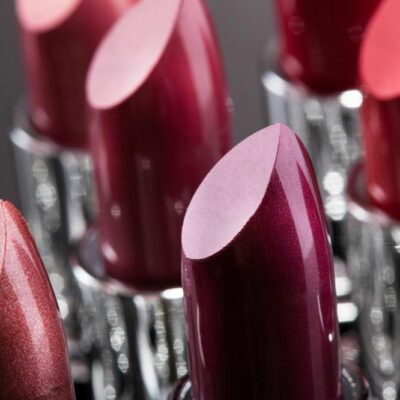
Dietary Tips for Treating ADHD
Attention deficit hyperactivity disorder (ADHD) could be debilitating if symptoms cannot be managed. However, ADHD can be managed with certain changes in lifestyle options, one of which is dietary changes. Following an ADHD nutrition plan rich in vitamins and protein could go a long way in helping control its symptoms. Herein, we discuss what to eat and avoid when it comes to dietary lifestyle options for ADHD.
What to Eat
The dietary lifestyle options for ADHD require you to include the following foods:
- Protein
Foods rich in protein, such as low-fat dairy products, soy, nuts, beans, eggs, fish, poultry, pork, and lean beef, could be beneficial in managing ADHD symptoms. The body uses protein-rich foods to make neurotransmitters, which are chemicals the brain cells release for communicating with each other. Protein prevents surges in blood sugar, which increases impulsivity and hyperactivity. - Vitamins and Minerals
Some important fats, vitamins and minerals could improve alertness and attention. Diet and supplements can correct nutrient shortfalls which could exacerbate ADHD symptoms. - Magnesium, Iron, and Zinc
Low levels of zinc result in inattention, and low iron levels also correlate with severe ADHD and cognitive deficits. All these three minerals make neurotransmitters which are involved in concentration and attention, and ultimately have a calming effect on the brain. All three minerals can be found in fortified cereals, soy, nuts, seafood, poultry, and lean meats. Also, multi-mineral or multi-vitamins with iron will ensure that people with ADHD get the required intake. - B Vitamins
B Vitamins are said to reduce antisocial and aggressive behavior. Vitamin B-6, for instance, has been shown to increase the dopamine levels in the brain which, in turn, improves alertness. - Omega-3 Fatty Acids
Omega-3s are said to be vital for brain and nerve cell function. Daily doses of omega-3s, which are found in fatty, cold-water fish like salmon, tuna, sardines, and the likes, reduced ADHD symptoms by 50%.
Following a well-balanced diet, which includes plenty of protein, fruits, complex carbs, and vegetables keeps impulsive behavior more consistently under control. Half the plate should ideally be filled with veggies or fruits, while the rest should be divided between carbs and protein. Also, multiple servings of rich-in-fiber whole grains are recommended for keeping blood sugar levels from spiking or plummeting.
What Not to Eat
The dietary lifestyle options for ADHD require you to avoid the following foods:
- High-sugar Foods
Studies have revealed that the more sugar hyperactive people with ADHD consume, the more restless and destructive does their behavior becomes. Some common items to avoid include items with malt syrup, molasses, sucrose, dextrose, destrin, and high-fructose corn sweetener, all of which are code words for sugar. Also, avoid cocktails and fruit drinks. - Artificial Preservatives and Dyes
Some people with ADHD are adversely affected by artificial preservatives and food additives. So, avoid colorful cereals like Lucky Charms and Fruit Loops, and rather go in for Cheerios which have lesser sugar. Don’t drink fruit punches and soft drinks, but rather go in for 100% fruit juice. - Foods That Cause Allergies
According to studies, soy, corn, wheat, and gluten could cause some children to become more hyperactive and lose focus. It is suggested that all children be screened for food allergies prior to being given medication for ADHD.


